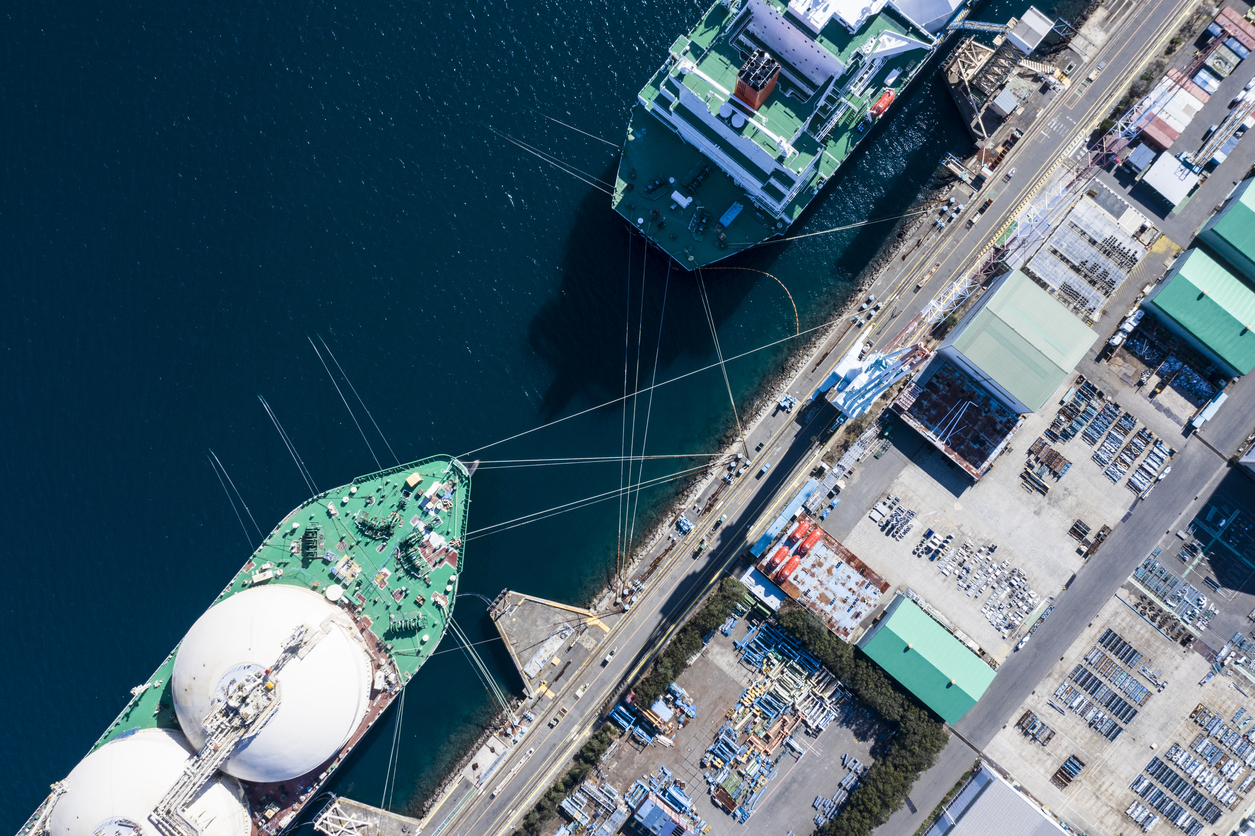Predicted Trends for the Marine Industry in 2020

Technology has helped to change the way we live our daily lives. From buying food to buying stock, meeting people socially to getting a job, technology is constantly changing and shifting in our daily fabric. So, it’s no surprise that it is upending the way shipping is conducted throughout the world, and in the marine industry in general.
Marine Industry Outlook for 2020 and Beyond
The trends that are emerging in the maritime shipping industry are doing so because they need to keep up with global demand. Smart shipping, robotics, and data and analytics are all coming together to see updates in how they are built out, executed, and used every day in the industry.
A big reason why these technologies are being introduced or developed more readily can partially be due to shipping companies needing to adhere to certain emissions standards from the IMO, ultimately helping out the environment and slowing down water pollution. And while companies can invest in marine pollution insurance to help limit exposure to regulation fines, they can also be taking advantage of new technologies to help out their business cause.
The Future of Technology in the Maritime Market
From design freedom to efficient customization to managing virtual inventory, shipbuilding is one major trend in the marine industry that is expected to see a major change in the next decade. Besides breakthroughs in a ship’s operation efficiency, the environmental impact of a new ship is a major driver in taking on new technologies. For instance, most raw materials may be in traditional subtractive manufacturing tasks. And by contrast, additive manufacturing deposits materials are only included where they are required.
When it comes to ship propulsion and power generation, developers are not only looking at the scope of applicable technology, such as alternative fuels, but also hybrid power generation, and emissions abatement technology. At this time, shipping companies are looking to reduce fuel costs by 20 percent with hybrid propulsion while reducing emissions.
Smart Shipping
Some new ships will be considered smart ships, utilizing artificial intelligence and autonomous steering. Modern ships will integrate a variety of connected technologies to help improve operational efficiency, regulatory compliance, environmental responsibilities, and ship management while also improving on safety and maintenance of vessels and crewmembers.
This can also be seen in big data and analytics as IT infrastructure will be upgraded in order to store, retrieve, and process big chunks of data in real-time. Archived data can be stored either onboard a vessel or onshore and cognitive systems will be expected to act as data interpreters. Altogether, these systems will combine machine learning technology and natural language processing to help streamline the work between a person and a machine.
Robotics in the Marine Industry?
Speaking of machines, new robotics technology is expected to be developed and used by 2030 in the marine industry. There will be a learning robot, a practical robot, and smaller robots that will be useful for inspections, especially in dangerous environments. These robotic technologies will all help leverage imitation, adaptability, and cognition.
While not all of these technologies are readily available at this moment in time, they will soon be seen as regular entities onboard vessels. Within the next decade, we will all be able to see how they affect how we load and unload vessels, store data, and process shipping projects throughout the globe.
